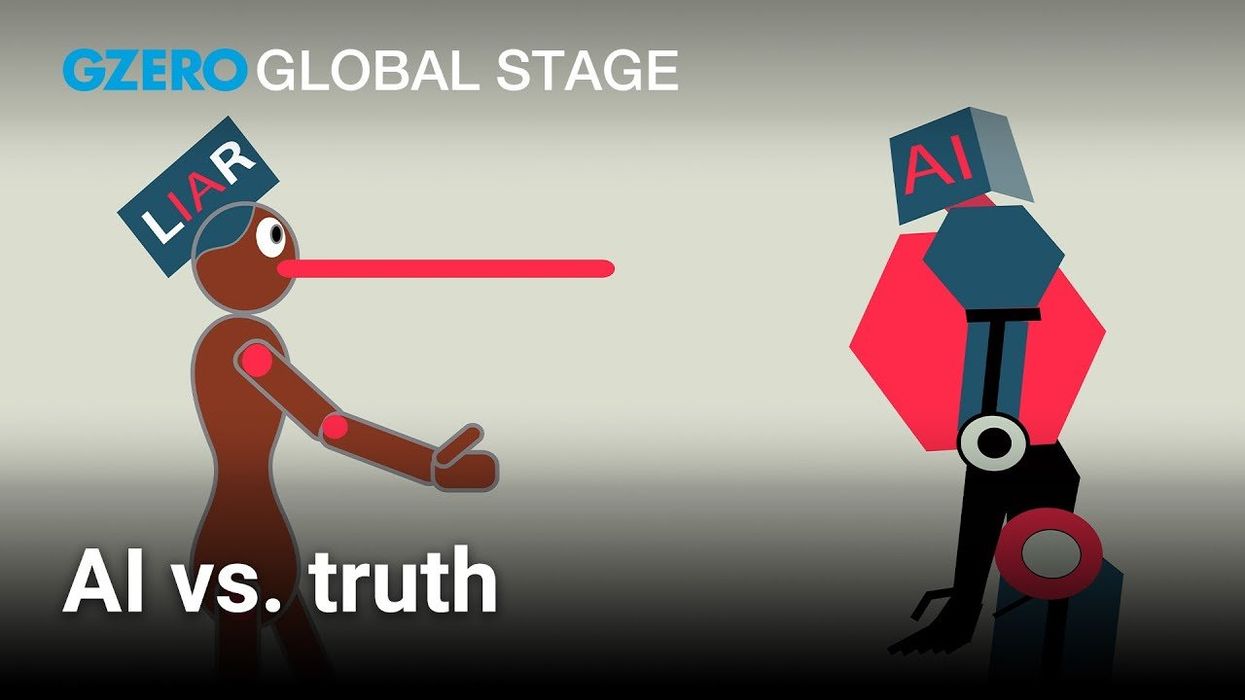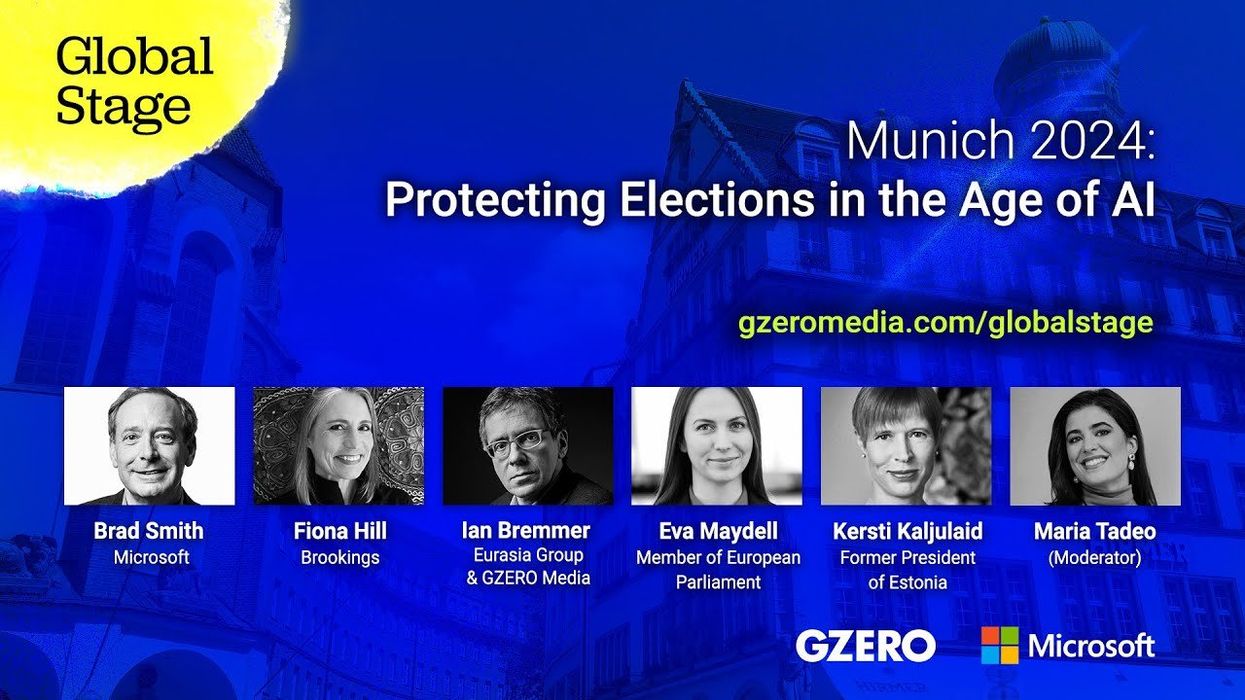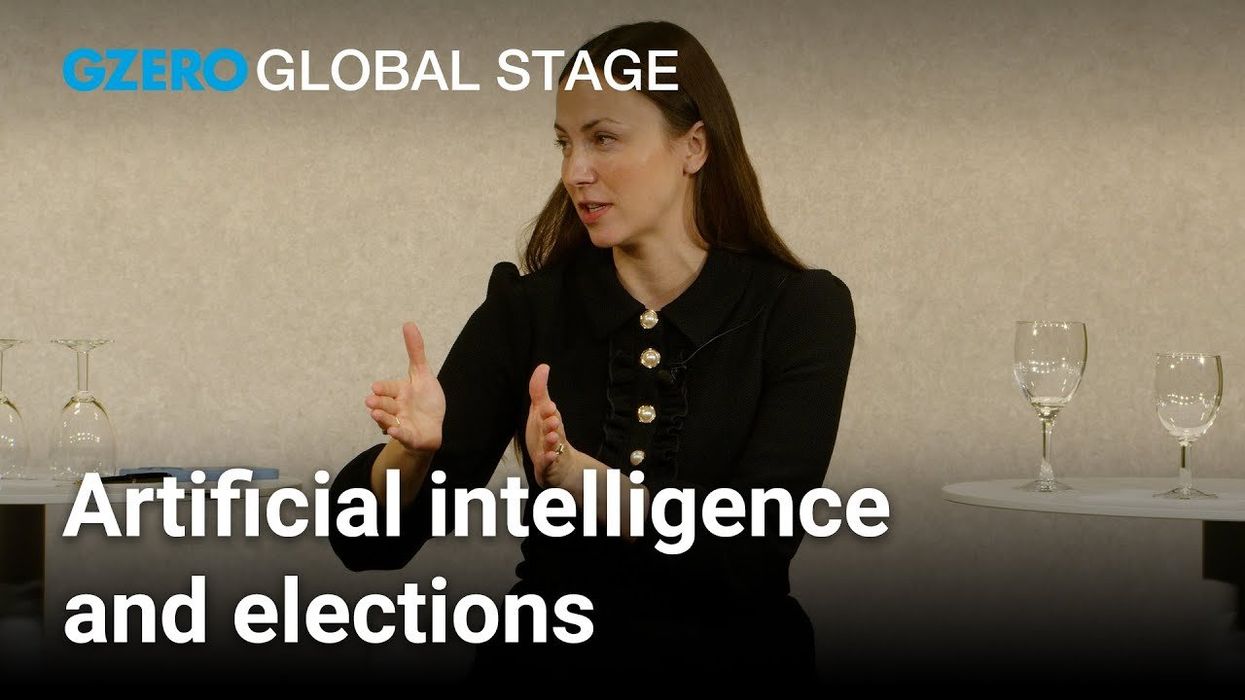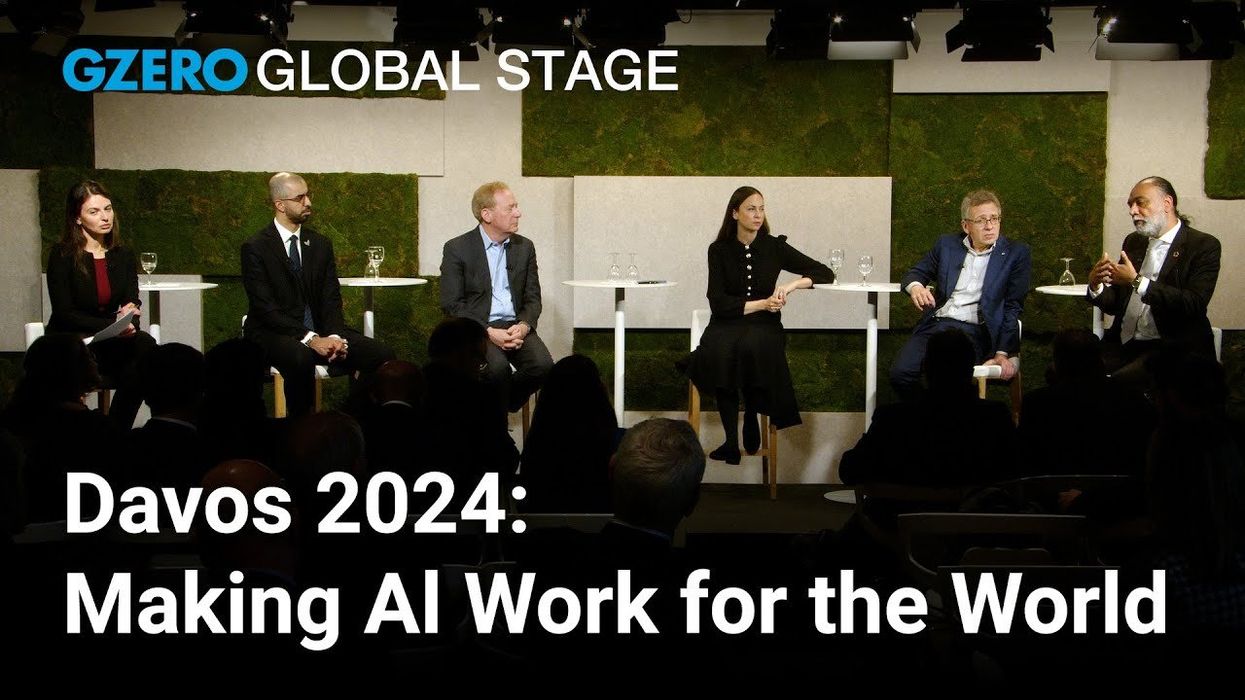GZERO AI
Exclusive: How to govern the unknown – a Q&A with MEP Eva Maydell
GZERO spoke with Eva Maydell, a Bulgarian member of the European Parliament on the Committee on Industry, Research, and Energy, who negotiated the details of the AI Act.
Mar 19, 2024





